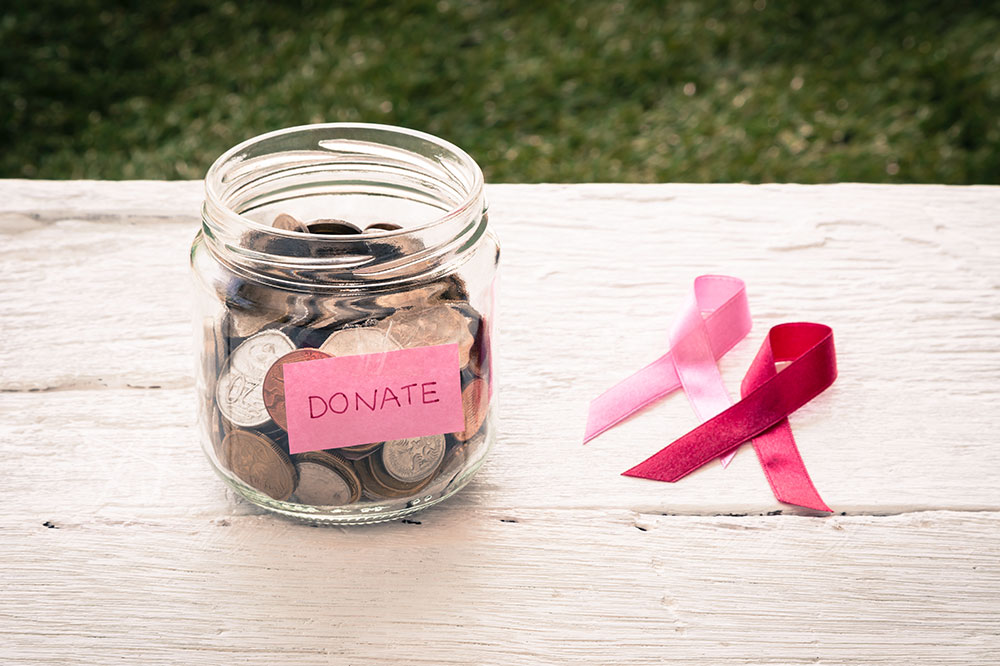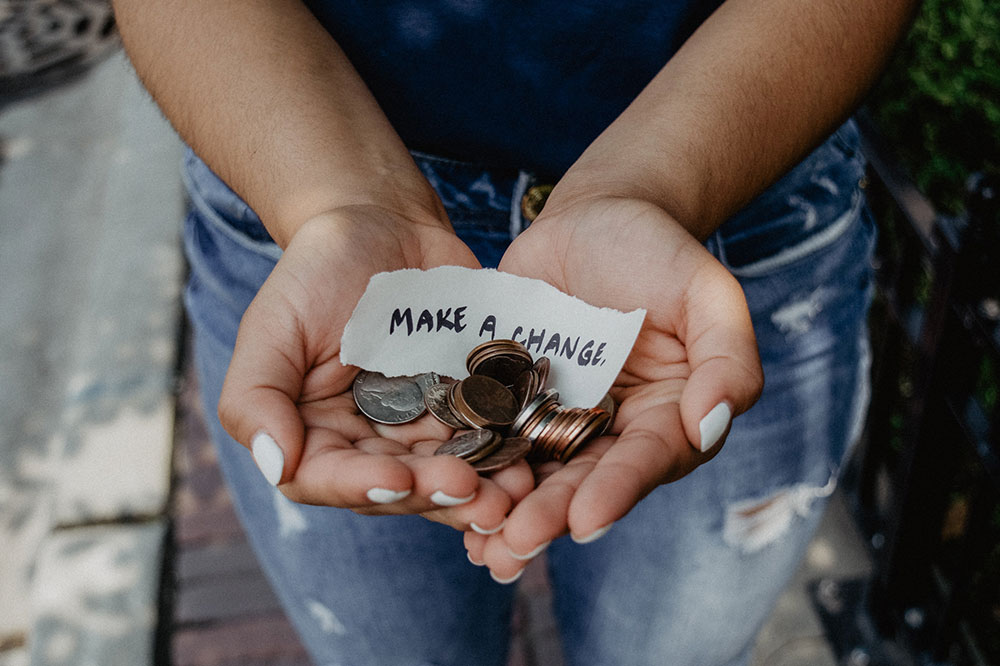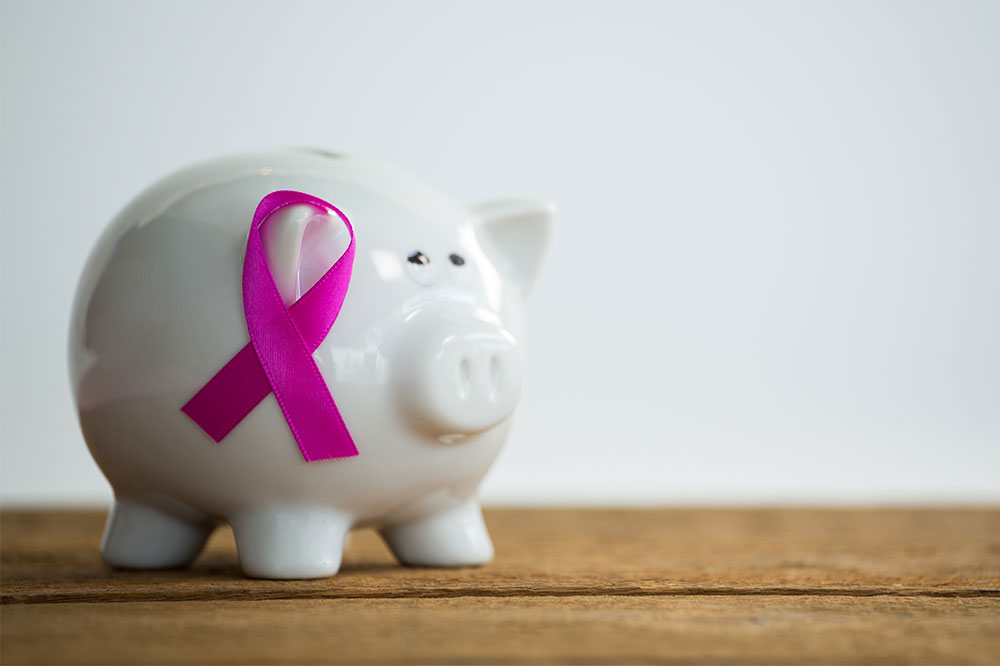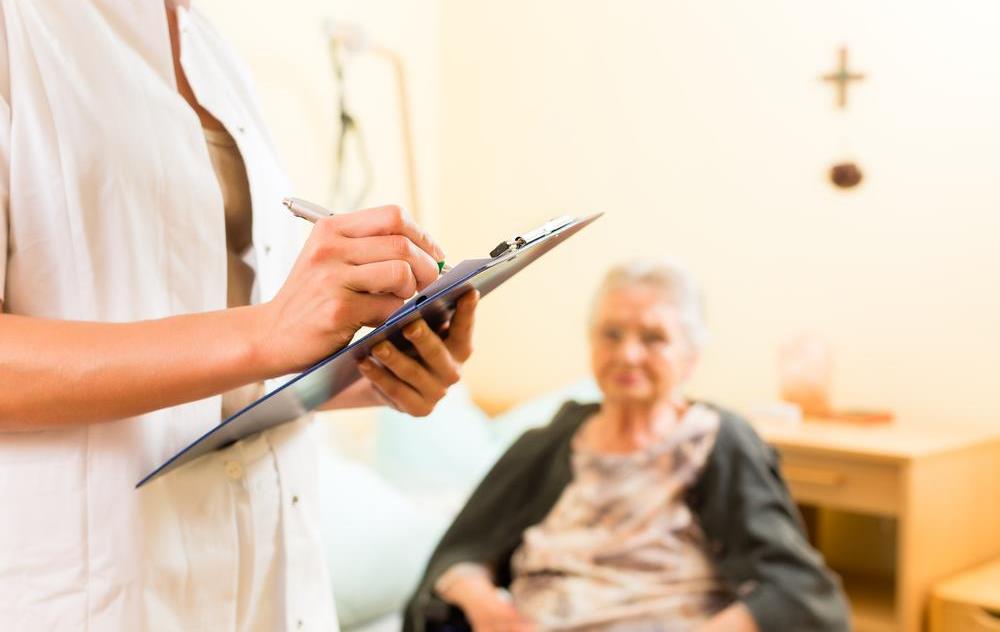Top 4 Ways to Support Cancer Patients Through Donations
Discover four impactful ways to support cancer patients, including fundraising, blood donation, volunteering, and bone marrow transplants. Learn how your contributions can make a meaningful difference in their treatment and recovery. These methods are accessible and help improve patients' quality of life, offering hope and vital assistance during challenging times.

Cancer treatment often leaves patients physically drained and mentally stressed. Their weakened state requires not only medical care but also emotional and financial support. Contributing through donations is a impactful way to assist. Additionally, raising awareness within your community can make a difference. Here are four effective methods to support cancer patients financially and emotionally.
Organize Fundraising Events
Participating in or organizing fundraisers helps gather resources and encourages community involvement. Many NGOs and charities accept donations from fundraising campaigns, which can be started locally or online. The proceeds can be directed to cancer hospitals, awareness programs, or support groups.
Donate Blood
Cancer treatments often require blood transfusions. Donating blood is a simple yet powerful way to assist patients. Eligible donors—healthy individuals aged 16 to 60, weighing at least 110 pounds, with proper ID—can contribute in about 15 minutes from a local donor center. Blood donations can alleviate symptoms and improve life quality for patients.
Become a Volunteer
Volunteering offers direct support and companionship to cancer patients. Local hospitals, support organizations, or community centers often seek volunteers. Your involvement can include spreading awareness, offering emotional support, or assisting families, making a meaningful difference in their journey.
Support Bone Marrow Donation
Patients with conditions such as leukemia benefit greatly from bone marrow transplants. Using a cheek swab, a tissue sample is taken to determine HLA compatibility. If matched, donors can provide either peripheral blood stem cells or bone marrow. This life-saving procedure enhances survival chances significantly.
Note: The information provided is for educational purposes only. It should not replace professional medical advice. Always consult healthcare professionals for treatment-related decisions or health concerns.










